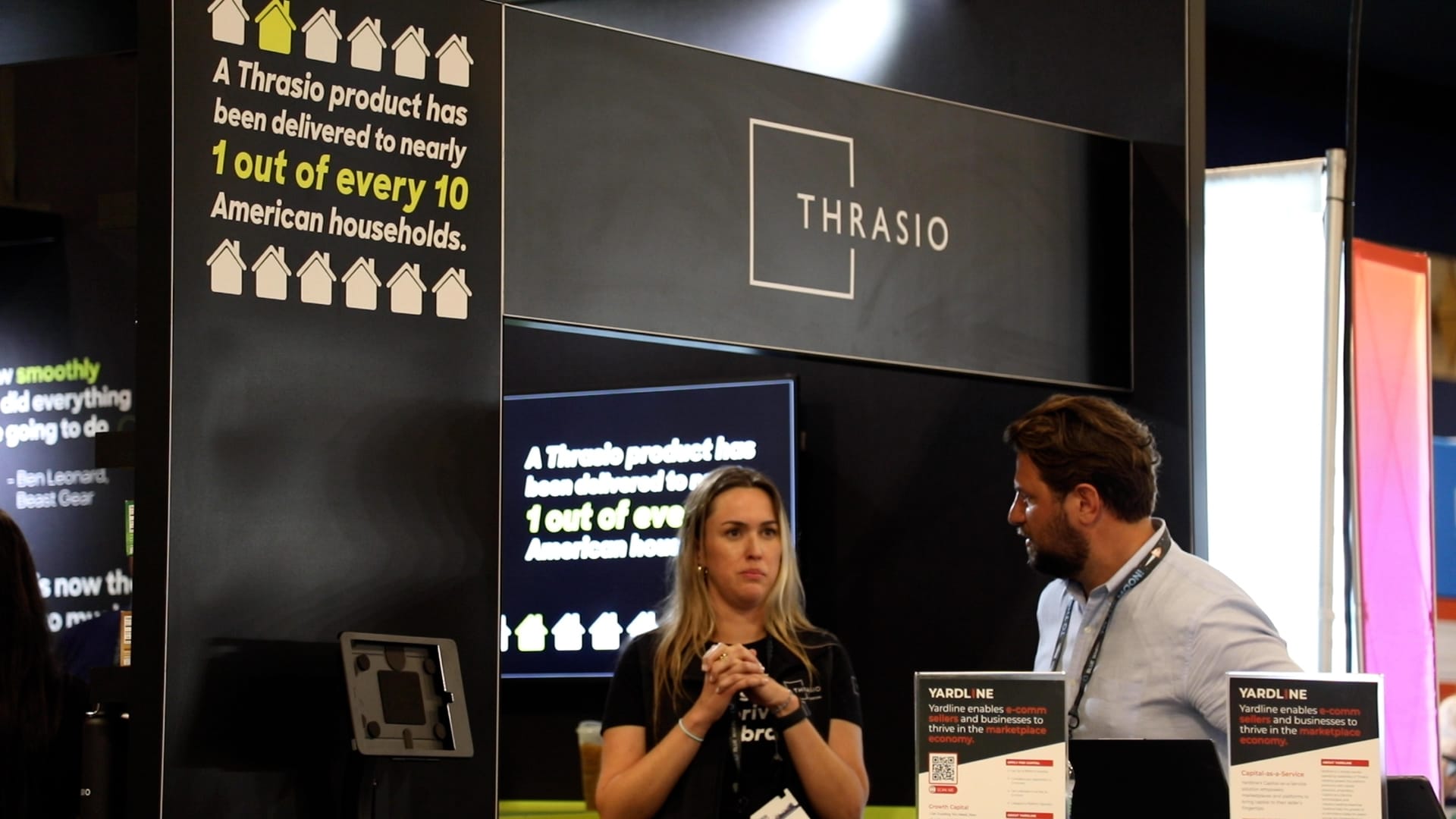‘Muslim or British?’ Remains The Question
"The central belief of this system is that man is the legislator not Allah… It is a system of kufr (or infidelity), joining this system means joining other than Islam," the conference’s organizer, Dr. Imran Waheed of the London-based Hizb-ut-Tahrir (or Islamic Liberation Party), told IslamOnline.net.
"One of the most important conclusions of this conference is that Islam, and Islam only, can be the identity of the Muslims here in Britain," he said.
But most of the Muslim organizations and groups attending disagreed with his argument.
"The problem with Hizb-ut-Tahrir agenda is that it has an isolated approach; no integration, no political participation, no voting," said Dilwar Hussain, Researcher in the Islamic Foundation.
"They criticize the west as kufr umah, considering it as ideologically wrong. They declare that the only way out is the Khilafa (caliph)," he added.
Hussain stressed that these "attitudes make the Muslim losing the common ground with different groups.
"If we are caring about the family values, for instance, we will find in the west the pro-family groups have the same concern. If we need to strength the notions of the social justice we can cooperate with the socialist …etc. We can find different supporters in every field," he countered.
"But if we condemn the whole west, we will lose that kind of human coalitions," asserted the expert, adding that "vast majority see there is a lot of good here; in the west."
Not Only Muslims
Ahmed Versi, the editor of The Muslim News in the U.K., said the question of identity is not a unique Muslim concern.
"It is the same problematic for the different ethnic groups (Asian, Caribbean, African…) in Britain.
He, recalled, in this respect that when Baroness Amos, the New Secretary of State at the Department for International Development (Who succeeded Clare Short) was asked about her identity replied : "I’m African and British."
Versi asserted, however, that: "What make the argument resurface regularly among the Muslims here are the attacks on the Muslim during several events beginning with the Gulf war, the war in Bosnia, the 9/11 and the issue of British Muslim detainees at (the U.S. Cuba-based) Guantanamo Bay… all that make the debate very crucial.
"This must make the Muslim organizations in Britain work hardly and change their preserved tone while they are addressing the real problems of the Muslims here, and going deeply into such problems instead of discussing the traditional issues of permissible and Prohibited (or Halal and Haram)," Versi affirmed.
Young Generations
Most of the observers in Britain, even among the non-Muslim, believe that the Muslim young generations seem to be more self-confident, engaging actively in the society as they grow up according to the British system and handling the English language perfectly.
But others may see that the youth here facing the same identity dilemma.
"The young Muslim generations are so sophisticated," Versi said.
"They grow up according to the proper process of participation and integration; they used to contact their local MPs, addressing the government, e-mailing the media …to express their points of view and declare their attitudes."
But Versi argued that attending the Muslim identity conference does not mean that British Muslim youth would take for granted its conclusions.
"And my observation is that most of the enthusiastic youth may leave the membership of Hizb-ut-Tharir when they grow-up," he said.
Waheed, however, rejected this analysis and emphasized that the participants in the conference were from different ages "and even among the speakers as Dr. Abdul Salaam – the former president of the Nation of Islam (the Black Nationalist movement) is 74 years old."
Dr. Abdul Salaam cited his own experiences of identity, initially in the confused and racist calls of black separatism and nationalism, to how he became a Muslim with an identity that offers a unique and comprehensive outlook for the individual and society.
Waheed further said that the conference dwelt on the problems facing the young Muslim generation in Britain.
"In this conference we launch a campaign against the drugs, these drugs which consider according to the Western values as some kind of escapism, freedom. The Muslim youth face the drugs dilemma because of their identity confusion. They do not live their Islam thinking religion is in the mosque only," he said.
"We (also) discussed different issues varied from economics to marriage and education. We think that the Muslim community here and the Muslim Umah have enough resources to set an example for a real Muslim community.
"This process must be within the Muslim society only and without any contact with the British Government," Waheed reiterated his viewpoint.
There are some 1,546,626 Muslims in England and Wales, representing nearly 3% of the general population, according to the 2001 National Census.


